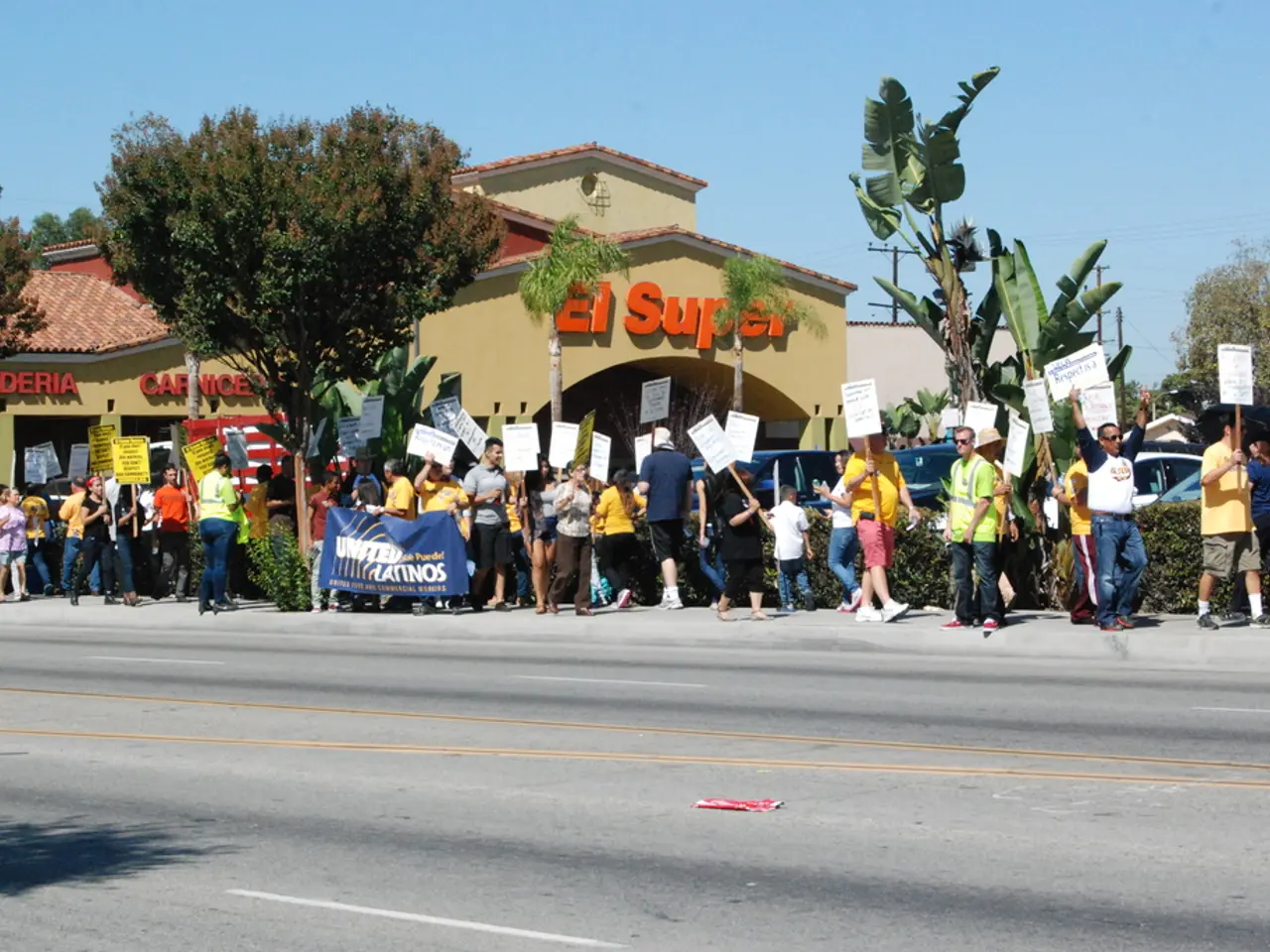Strategies for Optimal Influencer Involvement in Political Campaigns
In the digital age, social media plays a significant role in shaping public opinion and influencing elections. Here's a guide on how to effectively find and collaborate with political influencers for election campaigns.
Research and Audience Alignment
Start by identifying influencers whose values, audience demographics, and content style align closely with your campaign’s goals and target voter base. Focus especially on micro and nano-influencers, who tend to have more engaged and authentic followings, particularly among younger voters on platforms like Facebook, TikTok, and Instagram. Leveraging political data analytics and AI can help refine this targeting with precision.
Authentic Engagement
Prioritize influencers who have credibility and authentic engagement rather than just large followings. Trustworthiness affects message impact, so avoid influencers with histories of disinformation or inconsistent political messaging to maintain campaign integrity.
Building Relationships
Approach influencers with clear alignment to your values and provide them with tailored messaging that they can personalize to maintain authenticity. Collaboration works best when influencers feel they are genuine advocates rather than just promotional channels.
Leveraging Social Media Platforms
Engage influencers primarily through the social media channels where your target voters are most active (e.g., TikTok, Instagram, Facebook). Use these platforms for real-time interaction, message amplification, and community mobilization.
Ethical Standards and Transparency
Maintain strict ethical standards to prevent misinformation and ensure the influencer’s role is transparent. This protects both the campaign’s reputation and voter trust.
Partnering with Agencies
Consider working with specialized influencer marketing agencies experienced in political campaigns. They can assist in developing a strategic and compliant influencer marketing plan tailored to electoral goals.
Other Considerations
- Engaging influencers early allows time to build trust, align messaging, and sustain voter engagement throughout the campaign.
- Influencers can reach niche audiences, create relatable content, and boost voter engagement through authentic storytelling.
- Attending events where influential people will be in attendance and trying to make connections is a good idea.
- Doing research to identify the key demographics to reach is important.
- Risks of using influencers in election campaigns include reputational damage if the influencer is involved in controversy, audience backlash, or mismatched messaging.
- Making sure that the potential influencers are interested in working with you is important.
- Influencers can help independent candidates build visibility and credibility without the backing of major parties.
In conclusion, effective collaboration involves data-driven influencer targeting aligned with voter segments, fostering authentic partnerships, leveraging social media’s reach, and maintaining high ethical standards to enhance campaign credibility and voter engagement.
Read also:
- Shaping production and consumption tendencies via cosmetic certification
- Youth in Quebec urgently demand attention from its authorities
- Underwater photography gadget, patent-protected, now subject to import taxes in Brazil due to Trump's trade policies
- Summer competition at the local library captivates entire Michigan metropolis






